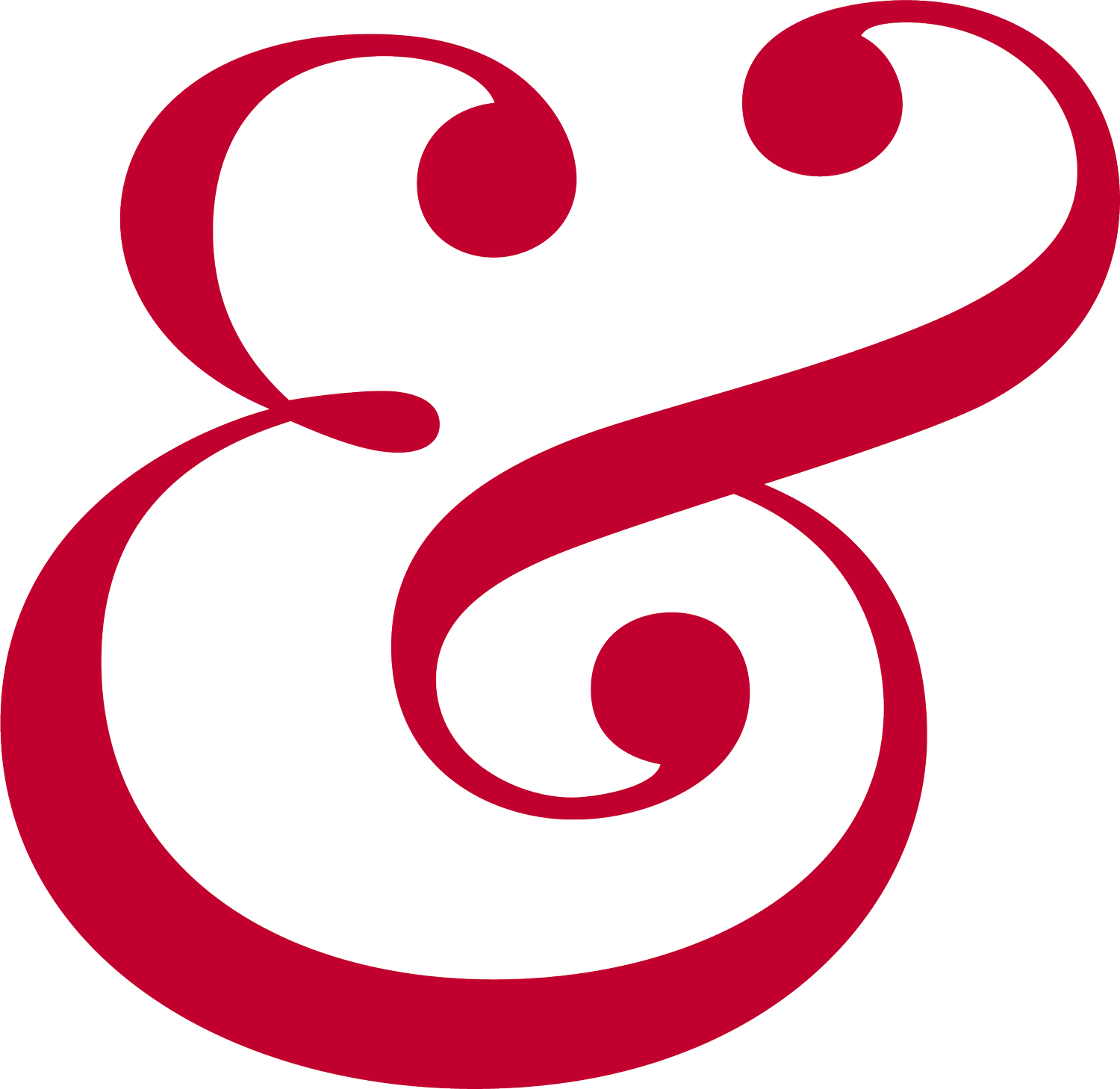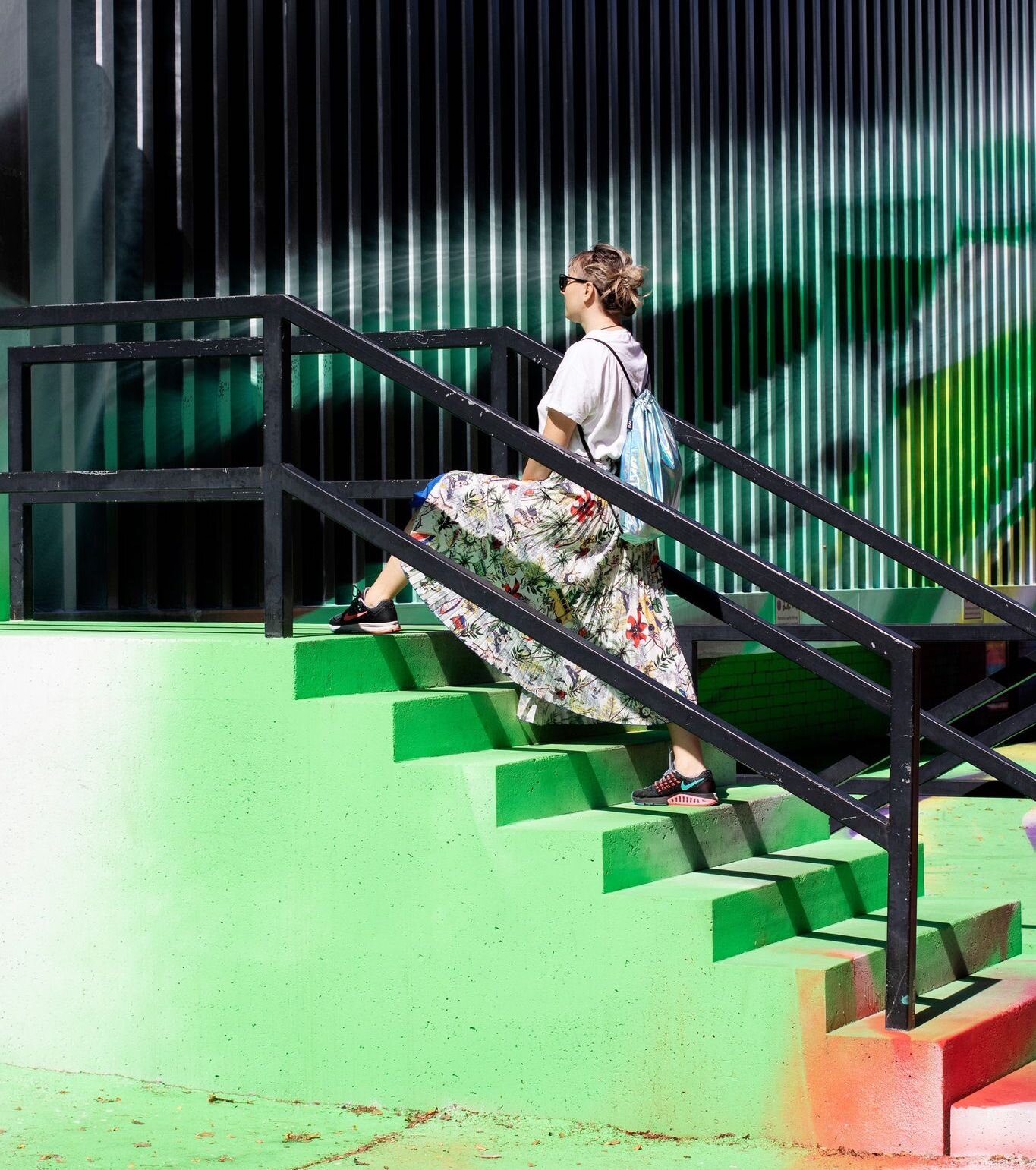Vulnerability is an asset, not a liability
Trust. What is trust? How do we define it? What would be the right way to approach it? Are we one of those fully trusting people or one who can never trust entirely? How do we make this choice? Must our trust be earned? This was the central theme of the Unfinished Festival 2020. For those who don’t know, Unfinished is the first multidisciplinary festival from Romania where you don’t pay with money, but time. There is an application every year that challenges you, makes you think about your contribution to the world, and why do you want to be part of the Unfinished Community. As long as people are sincere and open about who they are, regardless of age, location, and background, I think anyone has a shot to enter the festival. This idea of being unfinished, of admitting that we don’t know things and that there is always so much more for us to learn, creates the genuine feeling of a genuine humble community that is there to listen rather than talk.
The platform was created from scratch by Trencadis and the festival was held exclusively online for 8 days and the line-up was truly inspirational.
“Vulnerability is an asset, not a liability”
(Brené Brown)
So back to trust again. I decided to write about this festival and my personal experience because I believe it is essential to have this kind of conversation now when we are living in these interesting times, as the Chinese curse continues to reappear in different forms these days. We need to have the conversation whether we are a customer, a business, a brand, or simply a human being.
Well, like any other complex story, the way we look at the world has some strong roots in our childhood. On top of that, we can add some local flavour, which in this part of the world is communism which came with some big trust issues: with government, with banks, with neighbors, and with friends. The only safe space left was the family. And by “safe space” I mean a place where we could be ourselves, comfortable and vulnerable, expressing our true opinions about the world, a world that seemed constantly a threat.
Every step I made, as a millennial now, was a fearful impersonal choice.
Photo by Raisa Hagiu
With these uncertainties and fears, of not knowing who might backstab us, our upbringing didn’t necessarily meet the best educational model. I don’t remember my parents encouraging me to make mistakes, to not make the right choices, oops, their right choices, those choices that they had thought, back then, were a guarantee for a safe future. Every step I made, as a millennial now, was a fearful impersonal choice.
It took me, I’d say, almost 10 years to start deconstructing what I have learned from this Romanian overprotective behaviour that didn’t let me create my own mistakes, identity, and, the most essential, self-trust.
What if we start trusting that no matter what happens, there will always be people to help and support us?
Ariane de Bonvoison (author, speaker, entrepreneur, and an expert on change) had an amazing talk about education and how this aspect is influencing our trust since we are born. She depicted two different ways of seeing the world: one, where we are optimistic and see this world as a safe place, or the other one, where the world is unfriendly and threatening. Basically, once you have picked one side, that’s the frame you are going to instill further on in your children too and in yourself, of course.
But what if we would start seeing life as a co-parent, suggests Ariane at some point. And what if we start trusting the change and put less focus on that stability instilled with fear that most of the time paralyze us? What if we start trusting that no matter what happens, there will always be people to help and support us? Then it struck me: basically, once you get to the brighter side, you learn to trust your own trusting and then other people’s trusting and, somehow, you start to rehearse how to trust. Once trust is created and it’s there to stay, it doesn’t matter who’s coming or leaving and that’s how self-trust and power is created. Plus, there are so many benefits of trust, as Jerry Michalski (trust & relationship economy expert) said at Unfinished. “Trust is cheaper than control, it builds community and it releases the genius that’s in the room already.”, but as Jerry pointed out, we were until now in an epidemic of not listening, which can be worse in the long term vs the literal epidemic we are all living now.
Last but not least, one great lesson I took after listening to Marina Abramovich’s talk, is exposure. I have realised that in the advertising industry, in NGOs, in companies, you name it, it brings enormous value to have the courage to expose to the public, more precisely, to let the public/consumer/client/colleague see those parts you are ashamed of because that’s the only way you can build trust, says Marina. Maybe Brene Brown knew something when she said “vulnerability is an asset, not a liability”, and that should be food for thought, more than ever now, living in a pandemic, where change and innovative solutions came from being closer and listening to each other more regardless of the fact that we can’t be together physically. We eliminated the chit chat and we started asking for real: How are you doing? How are you feeling?
I remember when I entered the festival, I was so scared, so aware of what other participants could say, how the engagement is going to be and I ended up realising we were all scared and craving for vulnerability, honesty, for this capacity to be fragile and courageous to show our true colours.
Shatter into pieces your persona, your profile, the domain you’re coming from, and start behaving as you are: a human behind that mask.
While this article is finding its own conclusion, I have a piece of personal advice for my future self:
Shatter into pieces your persona, your profile, the domain you’re coming from, and start behaving as you are: a human behind that mask. That's the only way we can normalise the things we usually think are not shareable, are not for public consumption. See every day as an exercise to trust life with firmness and fragility at the same time.
And to you, the reader, I leave a question: If trust is the way forward, what’s your next step?
Trustworthy Links:
Priya Parker - “The Art of Gathering”, answers the fundamental question of how to create meaning together?
Marina Abramovich - An Art Made of Trust, A Walk Through Walls: A Memoir
Adam Curtis - A Different Experience of Reality
Jerry Michalski - What if we trusted you?
Manuela Dospina
Brand Strategist | Heraldist & Wondermarks Cluj



